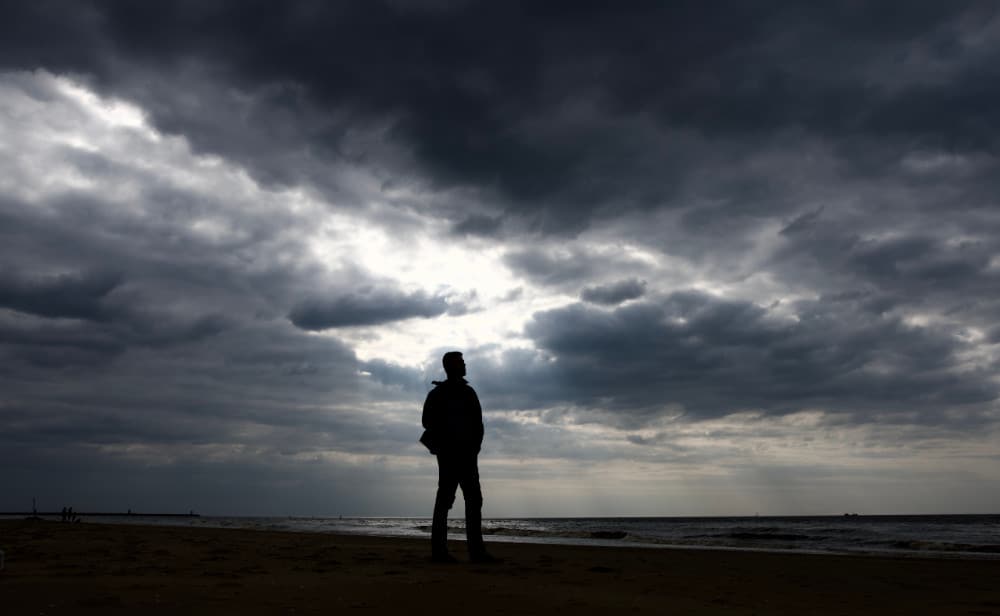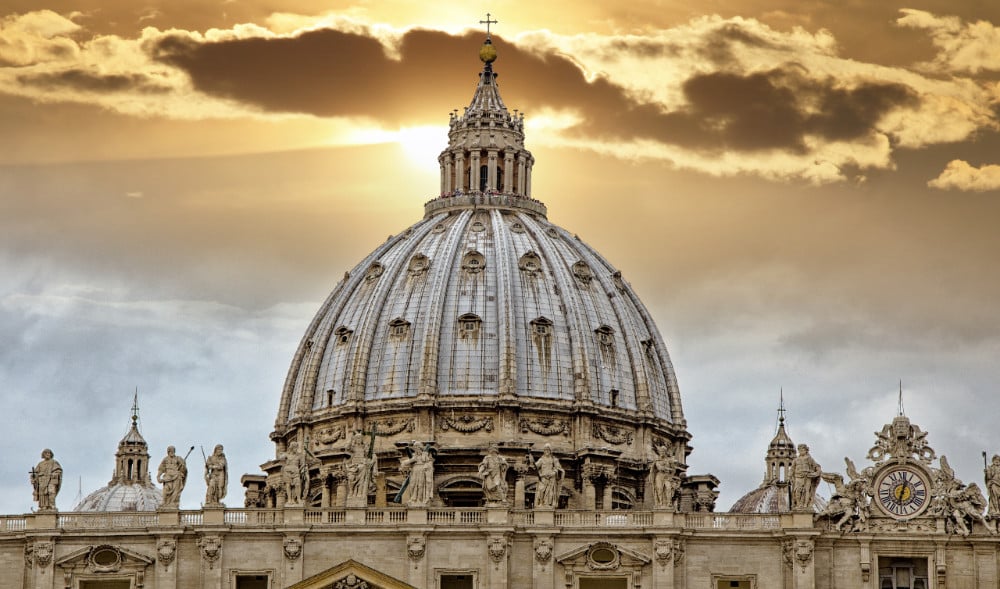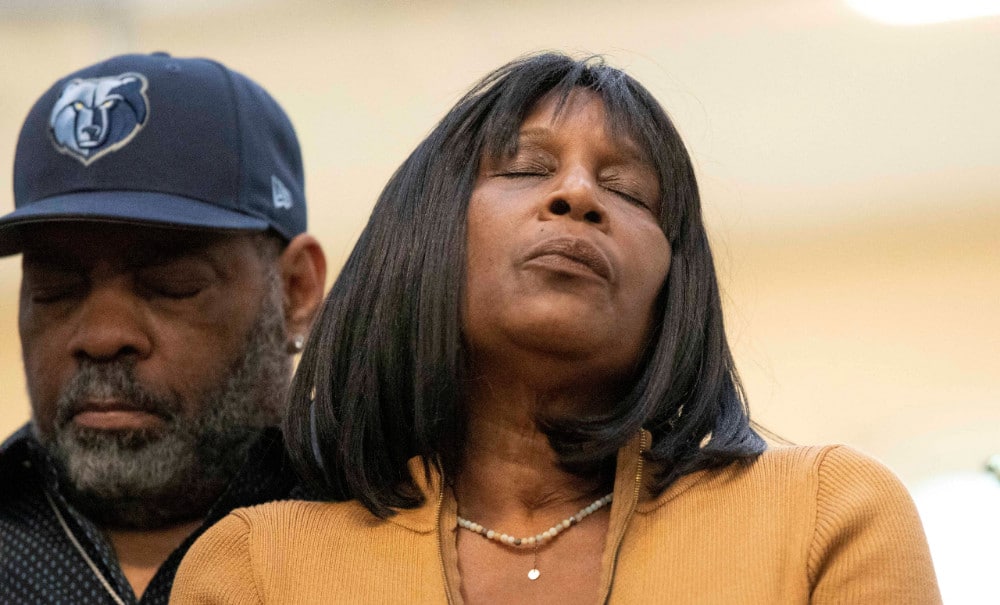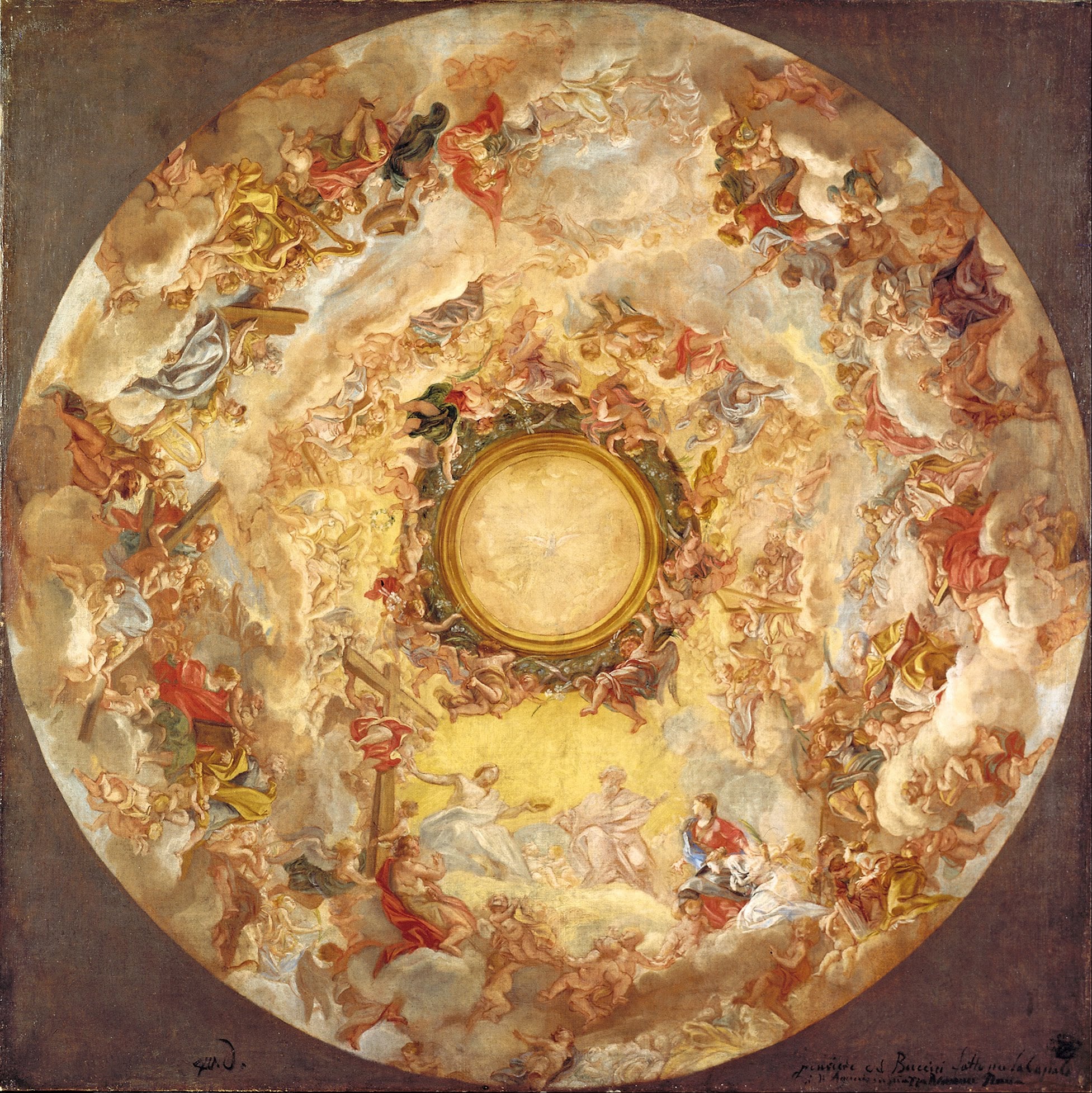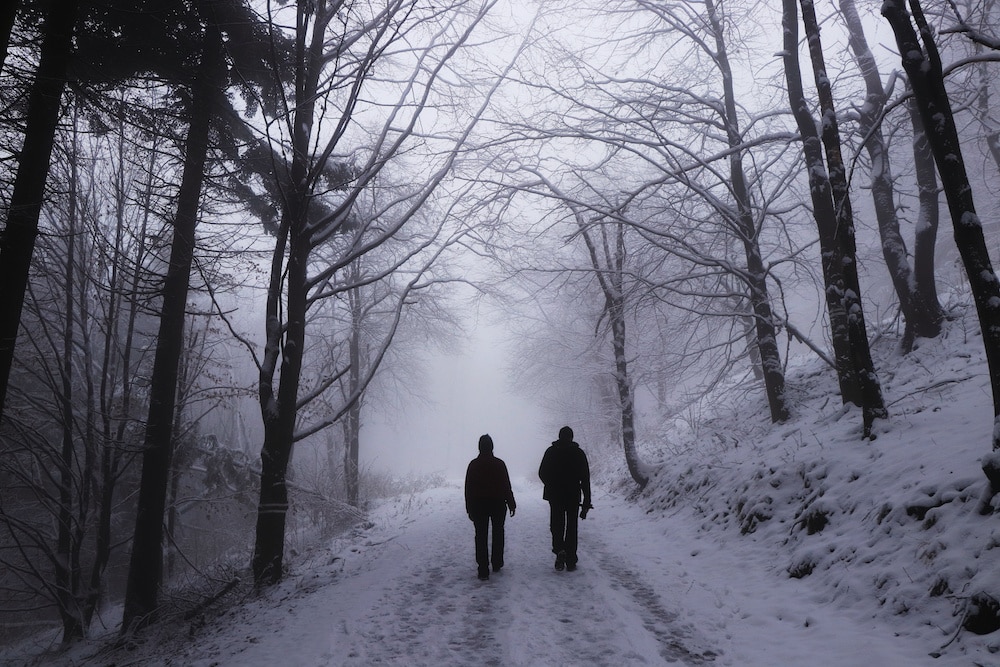About two years ago, I went to our local place to watch the 49ers-Titans game. Our eldest was visiting from her work in Bangladesh, and she and my wife were going to bed as I left — my wife because she does that and our eldest because her body was still eleven hours ahead on Bangladeshi time.
A few hours later, I’d talked to people I knew, enjoyed the game and gotten some work done. The crowd was beginning to thin out. Normally I’d stay and keep working. I like the feel of a quiet place late in the evening.
And I felt a desire not to be there. I’d never felt that before. (And never have since.) A feeling that the evening was complete and I should go home, yes, but never an active desire not to be there. Did I feel sick and hadn’t realized it? Was I tired and didn’t know it? Otherwise out of sorts? I wasn’t. But I didn’t want to be there, so I went home.
And walked into a smoky house. A space heater we’d used in an unheated corner of the house had overheated and started to melt its cord. Our eldest who was for Christmas was upstairs sound asleep, directly above. Who knew how much damage it might have caused had I not come home then. It’s an old house and might have gone up fast.
Divine intervention seemed the only explanation. My guardian angel did his job. But I resisted the idea. Not because I didn’t believe God acts in our lives, but because my childhood experiences with Christians had taught me to question such claims. That experience also helped me, later in my life, to see something about the wisdom of Catholicism.
When I was young and exploring serious Christianity, the overt Christians I met often believed that everything that happened to them — everything good, that is — was the result of direct, personal divine action, sometimes of a long stream of divine actions going back months or years, or even generations.
They saw God as manipulating events, and other human beings, to give them the things they wanted. Everything good, but not anything bad. I noticed that at the time. God never denied or frustrated their wishes to teach them a lesson. The most they’d say when things didn’t work out was that God was “testing” them.
They also didn’t seem bothered that the achievement of their desires meant the frustration of others’ desires. If God made sure you went to the right meeting to make the right connection to get a new job, he wasn’t doing that for anyone else who wanted the same job.
This kind of religion I think of now as hyper-supernaturalism, and it put me off Christianity. God could intervene in the history he created and sustained, and as often as he wished, but the idea that God was an infinite-dimensional chess player fixing the odds for his favorite people struck me as both implausible and needy, and more magic than religion. (It still does.)
That belief worked out badly often enough to justify my doubts. You might be surprised at how often young men found that God had miraculously arranged events to bring them the woman of their dreams. Also how rarely the young women agreed.
I sensed — I wouldn’t have said it like this at the time — that God normally worked through regular channels, dramatically from time to time, but mostly gently, personally, cooperatively, respectfully. He’d bring us along, both encourage and correct us as we needed. He’d rarely change the world radically for us.
That’s what I saw in the New Testament: miracles, yes, but mostly put one foot in front of the other faithfulness, which disturbingly often ended in death. God trains us to live in the world as it is. We are to be salt, and salt makes small changes, not great changes. Salt makes bread better. It doesn’t turn bread into cake.
God walks with us as we live through life, always at work training us in holiness and the virtues. Most of life will be what it is, only with God’s friendship. He doesn’t change things very often but helps us through them. He changes us, not (often) history.
Only many years later did I see that I had been inclined to a sacramental religion before I knew what sacraments are. The sacraments provide strength for the journey. They don’t miraculously transport you to the end. But they are themselves miracles, and miracles we can take almost on demand. If you want to see God working miraculously in the world, go to Mass.
David Mills writes from Pennsylvania.

